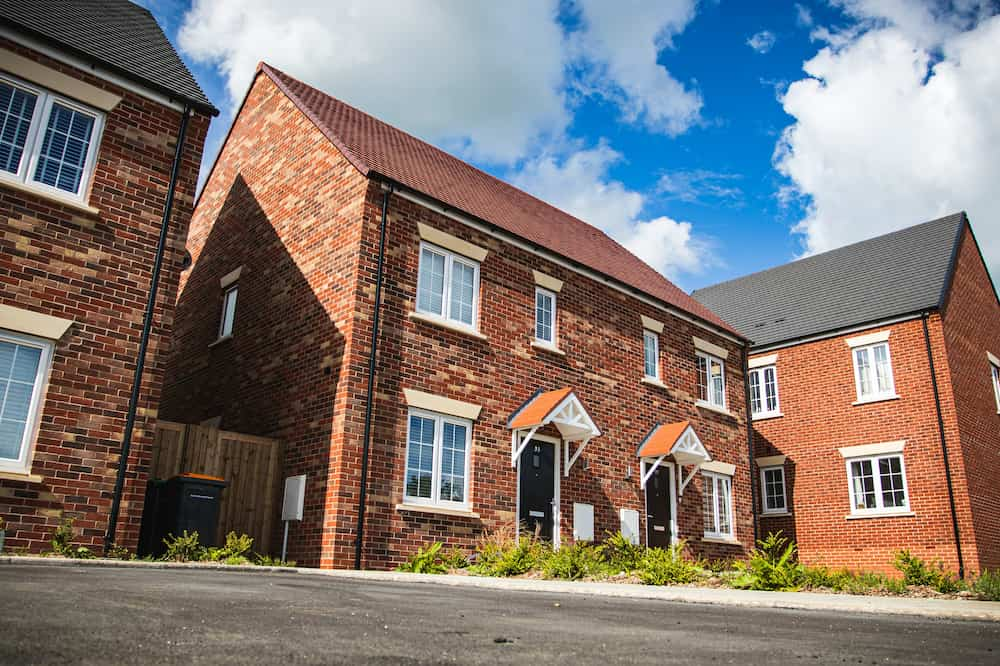If you are considering a remortgage, you are likely to know how long the process will take. It is a valid concern, as timing can significantly impact your financial plans and peace of mind.
While the duration of a remortgage can vary depending on several factors, understanding the typical timeline can help you better prepare for the process.
Continue reading as we explore each stage of the remortgage journey and its actionable strategies to speed up the process, ensuring you can achieve your financial goals without unnecessary delays.
What is a Remortgage?
Remortgaging is the process of switching your current mortgage to a new deal, either with your existing lender or a different one.
People often remortgage to secure a better interest rate, release equity, or consolidate debt. It is a strategic financial move that can offer various benefits, but it requires careful consideration and planning.
Switching to a mortgage with a lower interest rate means you could save a huge amount of your monthly payments. If you opt to release equity, you can access funds for home improvements, investments, or other financial needs.
Consolidating debt through remortgaging can simplify your finances by combining multiple debts into a single, manageable payment. It is essential to weigh up any early repayment charges or fees associated with your new mortgage, to ensure that remortgaging is the right decision for your financial situation.
Factors Influencing Remortgage Timeline
The duration of a remortgage can be influenced by several factors, including the following:
Lender Processes
Different lenders have varying application processes and turnaround times. For example, with Nationwide, 94% of valuations are booked and carried out within 10 working days, but this may be longer with other companies.
Some may have streamlined procedures, while others might require more documentation and time for assessment.
Complexity of Application
If your financial situation has changed since you took out your current mortgage or if you’re looking to borrow additional funds, the application process may be more complex and therefore take longer.
Valuation and Legal Work
A property valuation is typically required as part of the remortgage process to assess the property’s current market value. Additionally, legal work, such as conveyancing, may be necessary, which can add time to the overall process.
Market Conditions
Economic factors and the current state of the mortgage market can also impact how quickly your remortgage is processed. During periods of high demand or economic uncertainty, lenders may experience delays.
Typical Remortgage Timeline
While each remortgage case is unique, a typical timeline might look something like this:
1. Preparation (1-2 Weeks)
Before applying for a remortgage, it is essential to gather all the necessary documents, such as proof of income, bank statements, and details of existing loans or credit commitments. Taking the time to organise these documents upfront can streamline the application process later on.
2. Application (2-4 Weeks)
Once you’ve chosen a new mortgage deal and lender, you can begin the application process. This typically involves completing an application form and providing the required documentation.
The lender will then conduct affordability assessments and credit checks to determine your eligibility for the new mortgage.
3. Valuation and Legal Work (2-6 Weeks)
After receiving your application, the lender will arrange for a valuation of your property to assess its current market value.
This process can take anywhere from a few days to several weeks, depending on factors such as property location and the availability of surveyors. Additionally, legal work, including conveyancing and title checks, will need to be completed, which can also take time.
4. Mortgage Offer (2-4 Weeks)
Once the valuation and legal work are complete, the lender will issue a mortgage offer detailing the terms and conditions of the new mortgage deal. You’ll need to review this carefully to ensure you understand all the terms before accepting.
5. Completion (1-2 Weeks)
The final stage of the remortgage process is completion, where the new mortgage deal is put in place, and your existing mortgage is paid off. This typically involves coordinating with your solicitor and the lender to finalise all necessary paperwork and transfer funds.
Tips for Speeding Up the Process
While the remortgage timeline can vary, there are steps you can take to help expedite the process:
- Be Organised: Gather all required documents and information before applying to avoid delays.
- Respond Promptly: Be proactive in responding to requests for additional information or documentation from your lender or solicitor.
- Stay Informed: Keep in touch with your lender and solicitor throughout the process to stay updated on progress and address any issues promptly.
- Consider a Broker: Working with a mortgage broker can simplify the process by connecting you with lenders/deals that best suit your needs and potentially reduce processing times.
JG Mortgage Services Limited Can Help With Your Remortgage
The duration of a remortgage can vary depending on several factors, the key takeaways to consider include the lender’s processes, the complexity of the application, and market conditions.
While a typical remortgage timeline may span several weeks to a few months, being organised, responsive, and proactive can help expedite the process and ensure a smooth transition to your new mortgage deal.
At JG Mortgage Services Limited, we are here and committed to helping you achieve your goals, whatever your mortgage needs, including remortgages.
With the right actions, you can streamline the remortgage process to help you enjoy the benefits of your new mortgage sooner.
For expert guidance and support throughout the remortgage process, consider reaching out to JG Mortgage Services Limited. Our experienced advisors are here to help you navigate remortgaging and find the best deal for your needs. Contact us today to get started on your remortgage journey!





